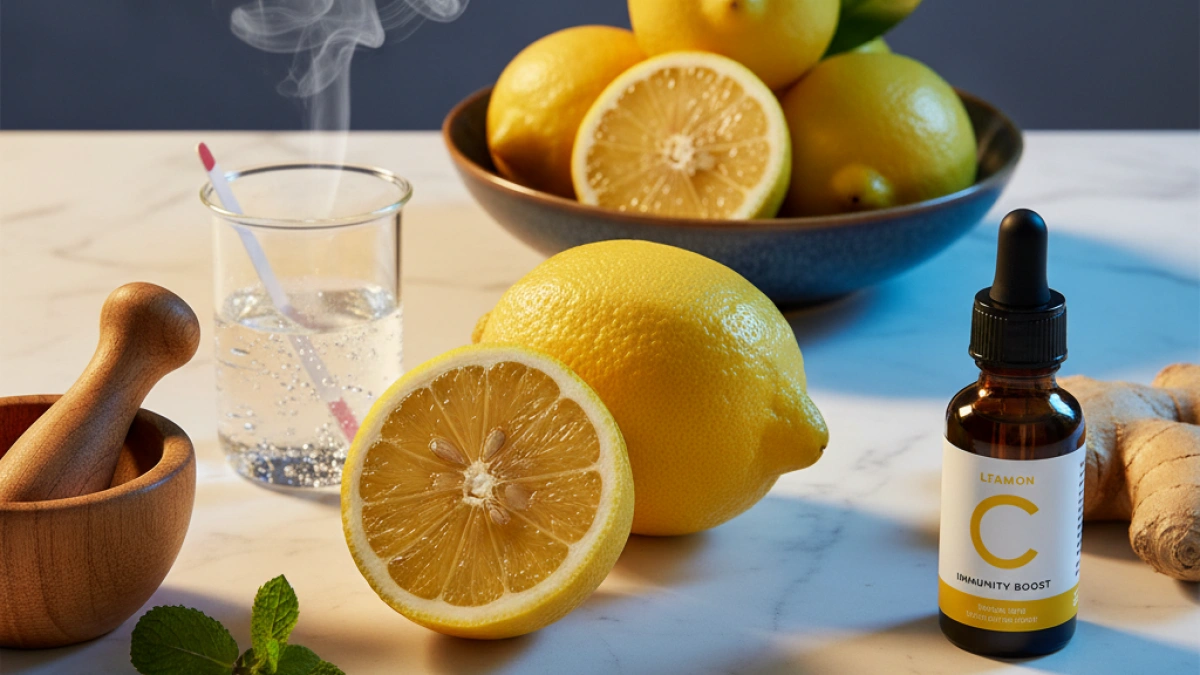Hidden Benefits of Thyme Properties

Thyme (Thymus vulgaris) is an herb that is not only used in cooking to enhance the flavor of numerous dishes, but it also boasts a wide range of medicinal properties. Throughout history, thyme has been valued for its health benefits, some of which may go unnoticed. In this article, we will explore the properties of thyme and its hidden benefits that can improve your well-being.
History of Thyme
Origin and Use in Ancient Greece
Thyme has origins that date back to ancient Greece, where it was used not only as a seasoning but also in religious ceremonies. The Greeks believed that thyme conferred bravery and used it in baths and rituals.
Popularity in the Middle Ages
During the Middle Ages, thyme began to be harvested in Europe. It was used in folk medicine to treat various ailments and as an ingredient in the preparation of vulneraries, a primitive form of ointments.
Nutritional Properties of Thyme
Active Components
Thyme contains several active compounds that contribute to its medicinal properties. These include:
Read also
- Essential Oil: Rich in thymol, carvacrol, and other terpenes that possess antimicrobial and antioxidant properties.
- Rosmarinic Acid: A powerful antioxidant that combats cellular damage.
Vitamins and Minerals
Thyme is also a good source of:
- Vitamin C: Essential for the immune system.
- Vitamin A: Beneficial for eye health.
- Minerals: Such as iron, manganese, and calcium, which are essential for various bodily functions.
Benefits of Thyme
1. Antibacterial and Antifungal Properties
The chemical compounds present in thyme, such as thymol and carvacrol, have been shown to possess antibacterial and antifungal properties. This makes it an effective ally against various infections.
Culinary Use
By adding thyme to your dishes, you will not only enhance their flavor but also reduce the risk of bacterial contamination in foods.
2. Anti-inflammatory Effect
Thyme has powerful anti-inflammatory properties. This can help reduce inflammation in the body, benefiting individuals with chronic conditions.
Topical Application
Preparing thyme oil and applying it to inflamed areas can provide relief for issues such as arthritis or sports injuries.
3. Improves Digestion
Thyme has been traditionally used as a remedy for digestive issues. Its carminative properties help alleviate gas and stomach discomfort.
Thyme Infusion
Preparing a thyme infusion after meals can promote better digestion and stomach wellness.
4. Boosts the Immune System
The high concentration of antioxidants and vitamin C in thyme helps improve the body's natural defenses. Incorporating thyme into your diet can assist in preventing colds and other infections.
Hidden Benefits of Thyme
1. Antispasmodic Properties
Thyme may be helpful in relieving muscle spasms, thanks to its relaxing properties. It can be consumed as tea to help relax muscles and reduce tension.
2. Improves Respiratory Health
Thyme has been used to relieve respiratory issues such as cough and bronchitis. Its expectorant properties help clear the airways.
Thyme Steam
Inhaling steam from water with thyme can be beneficial for those suffering from congestion.
3. Stress and Anxiety Control
The aroma of thyme has aromatherapeutic effects that can help reduce stress and anxiety. Using it in diffusers or baths can promote relaxation.
4. Enhances Cardiovascular Health
The antioxidants present in thyme may contribute to heart health by reducing blood pressure and improving blood circulation.
Conclusions
Thyme is a versatile herb that not only enriches gastronomy but also offers various health benefits. From its antibacterial properties to its relaxing effects, thyme has something to offer everyone. Including this herb in your diet can be an excellent investment in your health and overall well-being.
Thyme Recipes You Can't Miss
- Thyme Chicken: A delicious and easy-to-make dish.
- Thyme Infusion: Perfect for improving digestion and combating colds.
Don't hesitate to explore and enjoy the hidden benefits of thyme in your daily life. Your body will thank you!










































